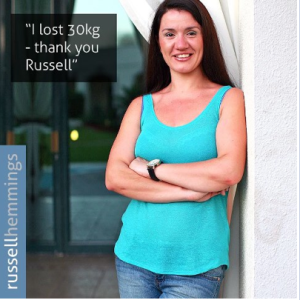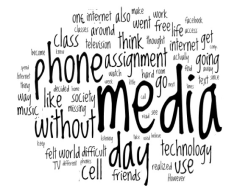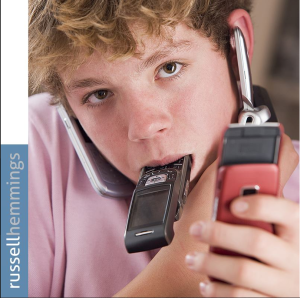Why is it that the minute you decide to go on a diet, you instantly feel hungry?
Well there are many reasons. Some are physical and some emotional – but they can all de-rail a diet almost as soon as you start it!
When you start restricting your calorie intake, your body goes into survival mode, thinking it needs to prepare for a period of starvation. Overcoming this feeling takes a lot of will power and often dieters will cave in to temptation, because the desire to satisfy those cravings is so overwhelming.
On top of this, the emotional impact of denying yourself a source of pleasure or comfort can make you feel irritable, emotional or very lethargic. This in turn leaves you open to weakness and the whole cycle starts again.
Hypnotherapy can help you stop sabotaging yourself. It works by turning off the cravings and re-educating your brain to think differently about food.
In my clinic I see so many people who have very complex relationships with food. No two people are ever the same and that is why I spend the first part of a session chatting about food and how clients feel about it and how it fits in to their daily lives.
After unpicking these issues, I am then able to tailor the hypnotherapy treatment to suit their particular need.
And the results are astonishing.
Often clients can’t actually believe that their food cravings have disappeared, but they know it’s worked when they see the weight begin to come off. When losing weight, we all need that extra support to succeed and hypnosis let’s you find the strong person inside who can rise to the challenge.
Dieting: The Truth
Did you know that 70% of all women and 30% of all men have been on at least one diet at one time or another?
Often people start off with good intentions and they begin to shed the pounds. But as rigid eating plans become boring or the whole diet just feels too hard to fit in with family and lifestyle, their willpower crumbles and they end up reaching for the comfort food and become even bigger than they were before.
Perhaps what is even more damaging though is that many dieters see the lapse as a sign of failure and they begin to butterfly from one diet to another in the hope of discovering the secret to success, but inevitably repeating the same patterns, because they don’t realise the secret is really inside of them.
Losing weight requires a long-term commitment to behaviour change. Old habits die hard and often people need to draw upon extra support in order to be successful. That is why hypnotherapy is so effective in helping people to achieve their target weight. It works by re-programming patterns of behaviour in a person’s subconscious and helps people to overcome the need to overeat – whatever the source of that need.

This is Corina. Her life has changed through hypnotherapy for weight loss.
I thought I’d let her share her experience in her own words:
“I just wanted to drop you a line to tell you how much I appreciate what you have done for me. Losing the weight has completely turned my life around and I am so glad I decided to have the therapy. Having you there to support me every step of the way, through the up times and the down, was invaluable – I couldn’t have done it without you. The hypnotherapy techniques you have taught me, I will take through my whole life and I can say with real certainty, I will never go back to my old ways – why would I when I feel this good?!
My life has changed in so many ways. I feel full of energy and have a real zest for fresh challenges. I have just landed a new job and I know this is because I feel an inner confidence that I didn’t have before. I have always loved sports and now I have the get-up-and-go to take part, which makes me feel good in myself.
I want to thank you from the bottom of my heart.”




